India - Pakistan war not imminent
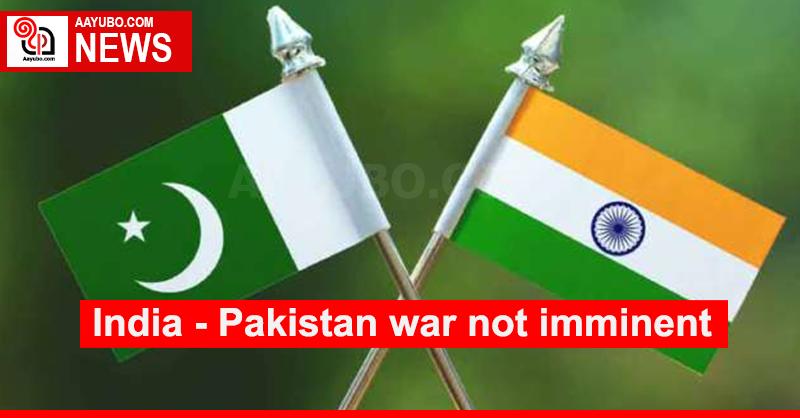
A tense standoff prevails between India and Pakistan following the Pahalgam terrorist attack triggering concerns that it will explode into a full-blown war at any time with implications for the whole world.
However, the possibility of such a war, bar surgical strikes, is unlikely now with India asserting to target what is called only ‘backers and handlers’ of the terrorist attack that claimed the lives of 26 Indians as they were shot in the heads at point blank in the tourist heaven of Pahalgam.
Pahalgam is a picturesque town in the Himalayas often described as the "Switzerland of India".
India says it has credible evidence based on technology, eye witnesses and ear witnesses that terrorists were linked to Pakistan. The allegation is, however, rejected by Pakistan which called for an international investigation. India believes it is an act of terrorism on its soil targeting its citizens and therefore it is contingent on its investigative authorities to target the attackers. India has already taken a few measures in the aftermath of the attack, such as scaling back diplomatic engagement, holding in abeyance the Indus water treaty that Pakistan counts on for water security.
Indian Prime Minister Narendra Modi in his first response to the incident said, “India will identify, track and punish every terrorist and their backers” and would “pursue them to the ends of the earth”.
Terrorist groups have carried out deadly assaults in the disputed areas on the border between the two countries in the past, leading to tense faceoffs and even clashes between the militaries of India and Pakistan. Nevertheless, New Delhi seems even more determined to respond to Islamabad, whom it accuses of supporting terrorists in Kashmir.
However, as things stand at the moment, a full-blown war is unlikely because India seems to be contemplating focused attacks targeting what it calls backers and handlers of terrorists. If lived up to its words, it will be a measured response leaving no room for an all-out war.
As part of the five-pronged response that was decided upon after Prime Minister Modi in the aftermath of the terror strike in Pahalgam that left 26 dead, India has held the 1960 Indus Waters Treaty with Pakistan “in abeyance with immediate effect”, as announced by Indian Foreign Secretary Vikram Misri.
The treaty is an agreement for the distribution and use of waters from the Indus River and its tributaries, which feed 80% of Pakistan's irrigated agriculture and its hydropower. It remained operational throughout despite hostile developments between the two countries on and off.
Pakistan sees this as an act of war, and is prepared for a military response in the event of follow-up actions on this matter. India is likely to decide on its future course of action in this regard based on counter action by Pakistan. Water is a lifeline in this case. No country can afford such a blow on its agriculture. It will serve as a deterrent against military action that will inflict damages on food production and power generation.
Prevention of an all-out war is good news for Sri Lanka which is trying to make a cautious approach. Sri Lanka’s condemnation of the terrorist attack and expression of solidarity have pleased India. Sri Lanka is one among the first countries that did so with India after the attack. However, Pakistan is miffed over that, leading the Sri Lankan authorities to take measures to mollify it. As long as tension eases off, Sri Lanka will be happy as otherwise it will have a hard time in the exercise of its foreign policy which is neutral.
Besides, the United States also stepped in to help defuse tense standoff, urging both sides to cooperate with each other.
The US on Wednesday stepped in to help defuse a tense standoff between Pakistan and India, urging both sides to cooperate with each other in order to de-escalate tensions and maintain peace and security in South Asia.
Secretary Marco Rubio spoke with Pakistani Prime Minister Muhammad Shehbaz Sharif and Indian External Affairs Minister Dr. S. Jaishankar and asked them to cooperate with each other in investigating the unconscionable terrorist attack.
Earlier, China called on India and Pakistan to exercise restraint, resolve differences through dialogue and consultation and jointly uphold regional peace and stability, Chinese Foreign Ministry spokesperson Guo Jiakun said on Tuesday, following reports that Indian and Pakistani troops engaged in another cross-border exchange of fire on Monday night. All these developments indicate that an all-out war is unlikely.
90 Views
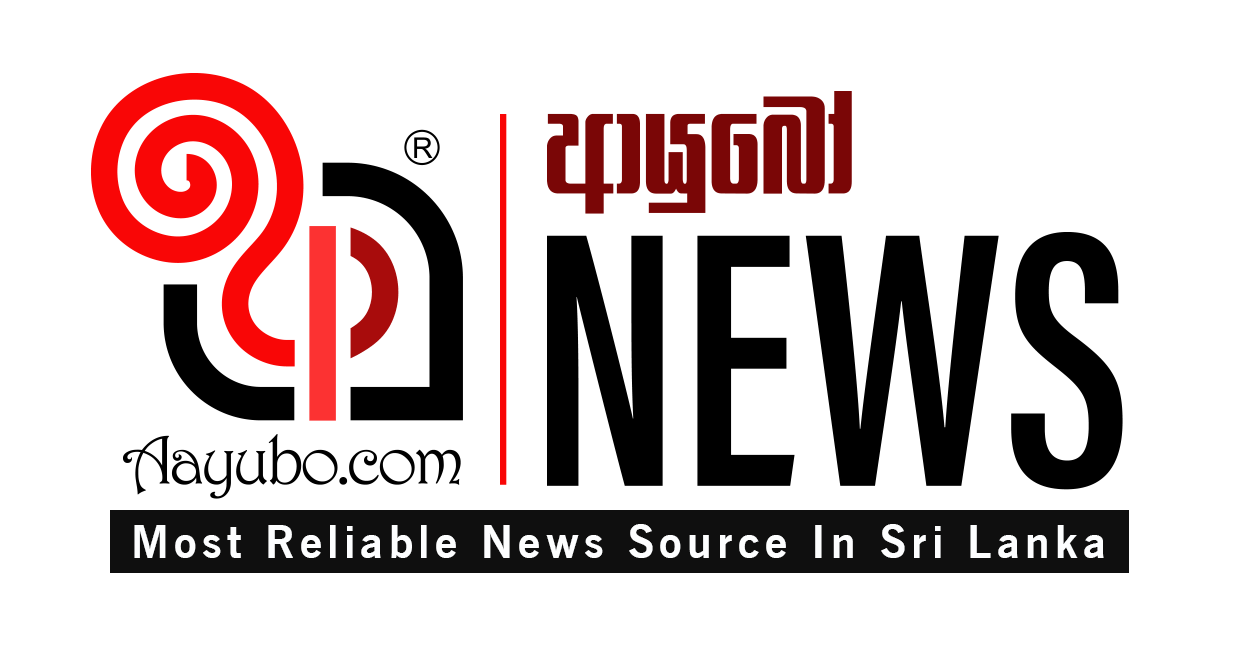

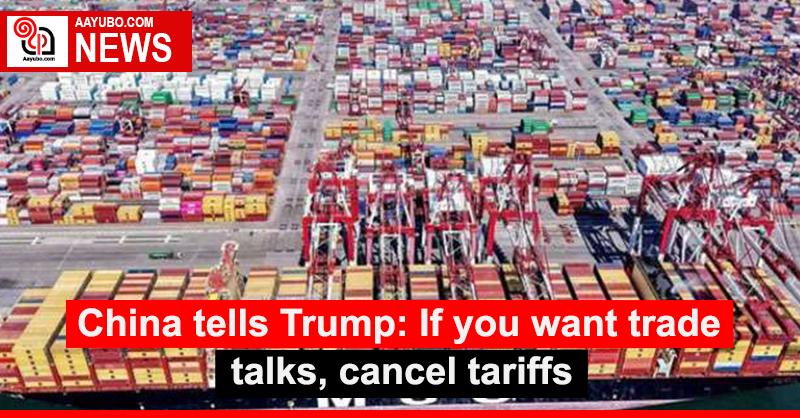
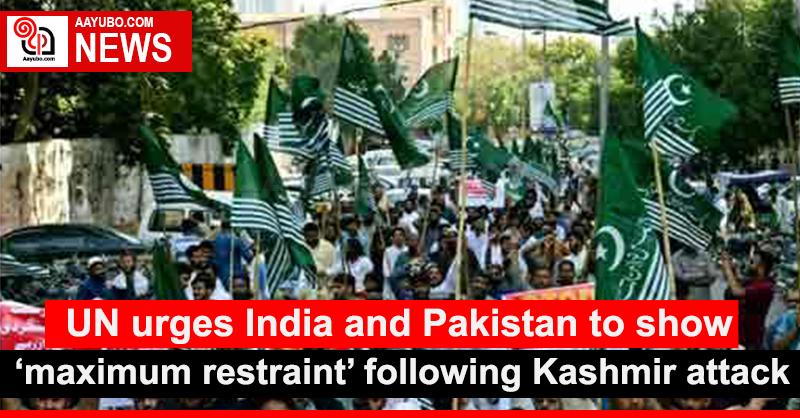
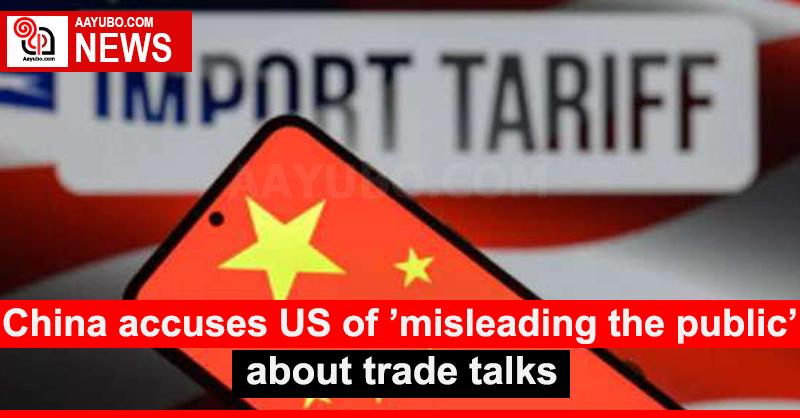
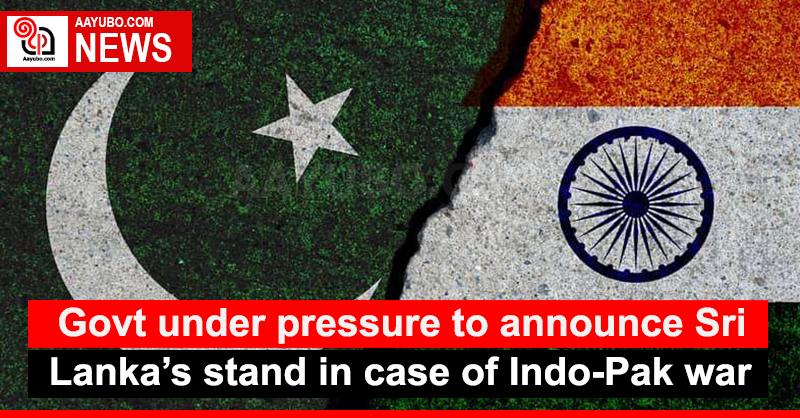
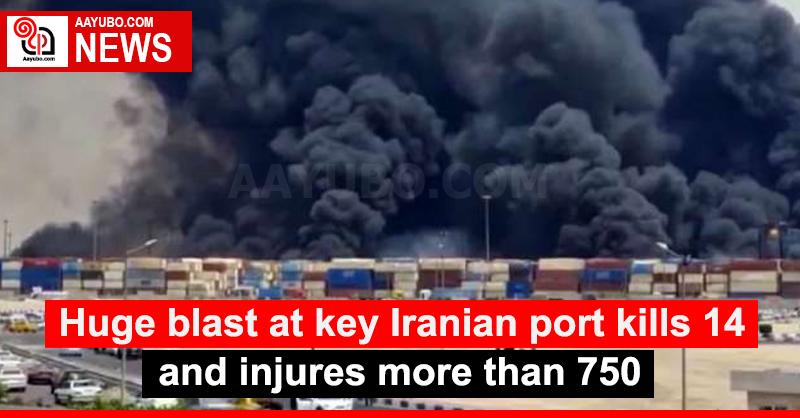
Comments